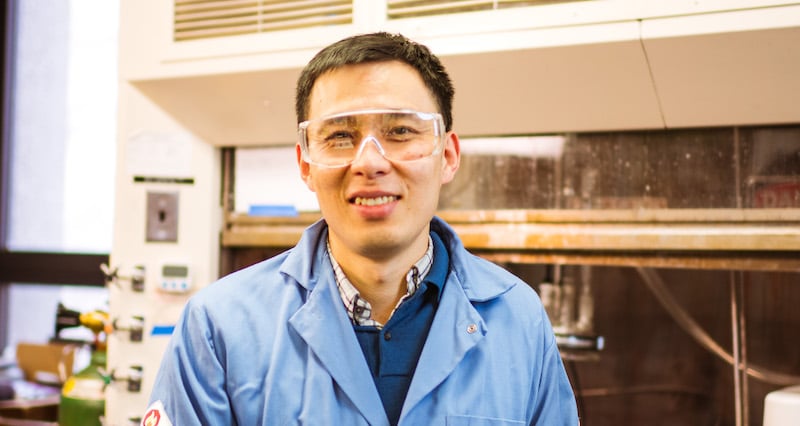Lei Pan (ChE) was mentioned by Gear Technology in a story about U.S. efforts to develop a domestic supply chain capacity for electric vehicle (EV) batteries, the manufacturing of which is heavily reliant on critical minerals. Pan is the principal investigator of a $2.5 million research project on carbon storage and extraction of critical minerals from mine tailings at MTU. The research and funding award were the subject of a Michigan Tech News story in January.
The DOE awarded grants to develop rapid carbon mineralization and critical mineral extraction technology to 16 projects nationwide, totaling $39 million. Michigan Tech’s project is the only one in the state of Michigan to receive funding from Mining Innovations for Negative Emissions Resource Recovery (MINER).
Michigan Tech’s project is titled “Energy Reduction and Improved Critical Mineral Recovery from Low-Grade Disseminated Sulfide Deposits and Mine Tailings.” According to principal project investigator Lei Pan, it seeks to permanently and cleanly mineralize and store carbon dioxide. This process should potentially enable the mining industry in Michigan’s Upper Peninsula and Minnesota to achieve net carbon zero while extracting critical minerals from low-grade ores.
This focus on battery minerals has led GM, Ford and Stellantis to partner with a variety of suppliers to support battery production in North America.
Read more at Gear Technology, by Matthew Jaster.
North of 60 Mining News mentioned Michigan Tech’s $2.5 million U.S. Department of Energy ARPA-E MINER award for research on carbon storage and extraction of critical minerals from mine tailings. Lei Pan (ChE) is the project’s principal investigator (PI), and David Shonnard and Tim Eisele (both ChE) are co-PIs. The award was covered by Michigan Tech News in January.
